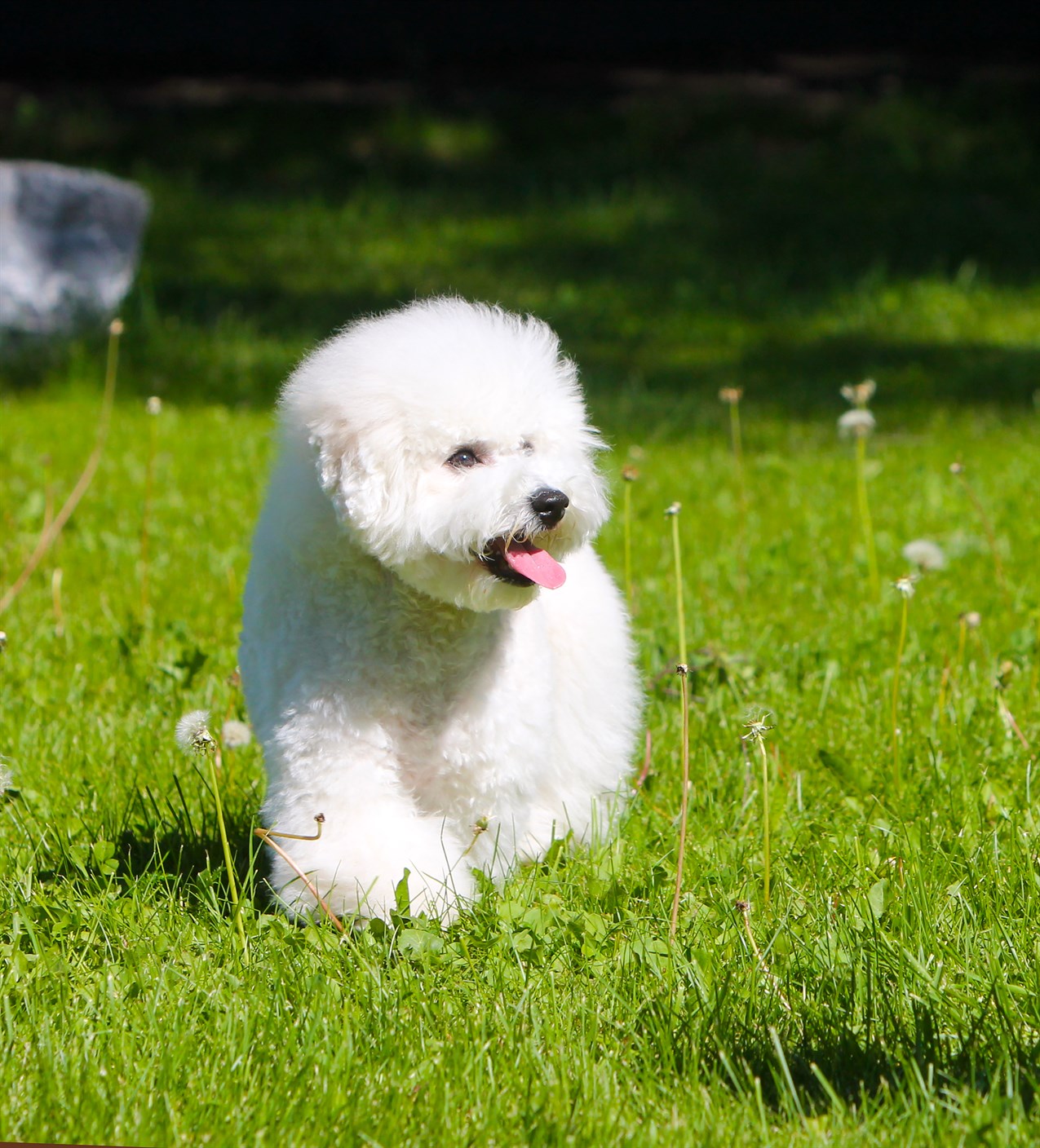Barking Habits of the Bichon Frise: Vocal and Expressive

Bichon Frises are known for their lively and expressive personalities, and their barking habits are no exception. These charming little dogs often use their vocalizations to communicate a range of emotions and reactions. Here's a closer look at the barking tendencies of the Bichon Frise and some tips on managing their vocal behavior:
- Alertness: Bichon Frises are naturally alert dogs and can be quick to bark when they sense something unusual or when someone approaches the house. Their alertness can make them effective watchdogs.
- Sociability: Their social nature may lead them to bark when they're excited to see people or other dogs. They may also vocalize when they want attention or when they're happy.
- Separation Anxiety: Bichon Frises often form strong attachments to their owners and may experience separation anxiety when left alone. This can manifest as excessive barking or whining in an attempt to call their owners back.
- Boredom: Like many dogs, Bichon Frises can bark out of boredom. If they're not mentally stimulated or given enough exercise, they may resort to barking as a way to relieve their pent-up energy.
- Communication: Bichon Frises may bark to communicate their needs, such as when they're hungry, need to go outside to relieve themselves, or want to play.
- Response to Other Dogs: They can be vocal when interacting with other dogs, whether in play or during encounters on walks. This is often a form of communication and can vary from playful barking to alert barking.
- Nighttime Barking: Bichon Frises are generally adaptable to their owner's schedule. However, they may bark at night if they hear unusual sounds, feel anxious, or if they haven't been properly exercised during the day.
Do Bichon Frise Dogs Bark a Lot?
Bichon Frises are not known as excessive barkers by nature, but their barking tendencies can vary from one individual to another. Some Bichon Frises may be more vocal than others, depending on their personality, upbringing, and socialization experiences.
Proper training and socialisation from a young age can help manage their barking habits and encourage appropriate vocal behavior. Positive reinforcement methods can be effective in teaching them when it's appropriate to bark and when to be quiet.
How Do I Get My Bichon Frise to Stop Barking at Night?
If your Bichon Frise is barking excessively at night, there are several steps you can take to address this behavior:
- Exercise and Mental Stimulation: Ensure your Bichon Frise gets enough exercise and mental stimulation during the day. A tired dog is less likely to bark out of boredom at night.
- Establish a Routine: Create a consistent nighttime routine for your dog, including a specific bedtime. This routine can help signal to your Bichon Frise that it's time to settle down for the night.
- Reduce Anxiety: If separation anxiety is the cause of nighttime barking, gradually acclimate your dog to being alone. Start with short departures and gradually increase the time you're away.
- Comfort and Security: Provide your dog with a comfortable sleeping area, such as a crate or a cozy bed. Make sure the sleeping area is quiet and dark to promote restful sleep.
- Limit Nighttime Distractions: Minimize stimuli that might trigger barking at night, such as loud noises or outside disturbances. Close curtains or blinds to block out lights and reduce visual stimuli.
- Positive Reinforcement: Reward your Bichon Frise for calm and quiet behavior at night. Use treats and praise when they settle down and refrain from barking.
- Consult a Professional: If nighttime barking persists and is causing disruption, consider consulting a professional dog trainer or a veterinarian to rule out any underlying health issues or behavioral concerns.
Remember that patience and consistency are key when addressing barking behavior in Bichon Frises. With time and training, you can help your Bichon Frise become a well-mannered and less vocal companion, especially during nighttime hours.
Bichon Frise puppies for sale
- Find Bichon Frise puppies for sale in ACT
- Find Bichon Frise puppies for sale in NSW
- Find Bichon Frise puppies for sale in NT
- Find Bichon Frise puppies for sale in QLD
- Find Bichon Frise puppies for sale in SA
- Find Bichon Frise puppies for sale in TAS
- Find Bichon Frise puppies for sale in VIC
- Find Bichon Frise puppies for sale in WA